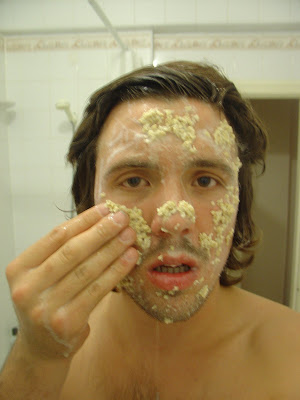


This project has come from Feilden Fowles at the RCA's during the Futures stage on the Architecture MA. This project creates a possible future scenario within diseased estates around London. It proposes a solution to facilitate the predetermined fates of the marginalised and excluded young people generating green routes out of London and more importantly poverty. It is a closed biodynamic system capable of self-nourishment. This studio-school acts as a prototype for future Agridemies, made possible through the utilisation of failing housing, silage from Londons parks and a young labour force.
The curriculum revolves around the cycles of dairy cattle and market gardening. The symbiosis between agriculture and academia generates a unique productive and educational environment. Livestock is housed in stock-blocks and processes through the educational spaces, interconnecting animals and students. These linkages form a productive spine, whihc terminates in the market and knits the academy into the community. This in term improves the health of the area and generates new income for its schiools and its pupils. These new productive landscapes will simultaneously re-establish the lost links between production and consumtion and re-engage a generation of disenfranchised youths with the community.
This utopian project possesses many factors that ideally I'd wish to employ within my own current work, the reconnecting of these socio-economic groups with modes of production, engaging in a physical capacity, recieving the fruits of there labour in one guise or another.
















































